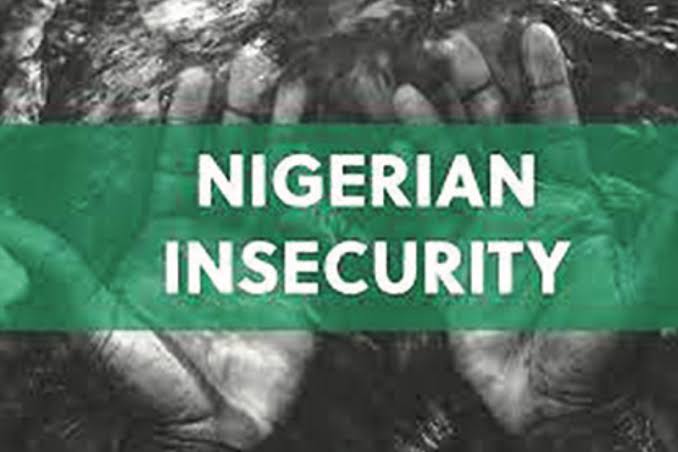The Federation of Muslim Women’s Associations in Nigeria (FOMWAN) has identified inadequate policy implementation in the education sector, a high prevalence of poverty, and a lack of empowerment as major factors to the country’s insecurity concerns.
Hajia Rafiah Sani, the association’s National Amirah, made the remarks in Akure ahead of the organization’s 39th Annual National Conference in the state, which would focus on “Women and the Challenges of Insecurity.”
Sani, who regretted the degree of the harm caused by insecurity in the country, stated that if these contributing causes are addressed with long-term remedies, the country will be better off. She thus urged the federal government to rethink the method taken by security services in combating the threat. Prof.
Lateefah Durosinmi, former National Amirah and Chairperson of the conference’s National Organising Committee, also spoke out, urging the federal government to redouble its efforts to combat poverty and assist the country overcome insecurity.
Durosinmi stated that “empowering women and girls, and ensuring their security, would enhance peace, as they are frequently the primary victims of kidnapping and insecurity.”
She stated that FOMWAN has been a champion for education at all levels, urging almajiri children who are absent from school to return.
According to her, “the lack of education has been a contributing factor to insecurity in the country,” which is why the association participated in a retreat and filed a bill to the National Assembly to abolish the almajiri system in Northern Nigeria.

She advised that 25% of the fiscal Appropriation Bill for security be set aside for empowerment in the form of training and skill development, which she claimed would alleviate poverty in the country. Speaking during the conference, National Amirah (President) Hajia Rafiah Idowu Sani stated that all leaders from around the country had gathered to discuss and devise answers to the country’s socioeconomic difficulties, with a primary focus on insecurity.
Sani stated that the meeting would debate and make necessary suggestions to President Bola Tinubu to address the insecurity concerns. She clarified: “Given the current global challenges, especially regarding security, FOMWAN believes we must gather and learn from our scholars on what Islam teaches us about these issues and how we can align our lives with the guidance of Allah for evaluating peace and security.”
According to her, the association, founded in 1985, focusses on ‘Da’wah’ (calling to Allah’s way), education (both Islamic and Western), health, women and youth empowerment, humanitarian services, and community development.
She explained that the theme of the confab contains sub-themes, which she named as ‘Women and the issues of insecurity; “National insecurity is common responsibility;’ ‘Tackling the difficulties of poverty from an Islamic perspective; ‘Women’s Security Panacea for National Development.’
In her address, the Federation’s National BOT, Prof. Saadiyaa Umar, decried the kidnapping of Dr. Ganiyat Popoola, a nursing mother whose mother is a member of FOMWAN.
Umar pleaded with the doctor’s abductors to release her so she could return home and care for her baby. She urged well-meaning Nigerians and security authorities to take all necessary steps to ensure that the abductors of medical staff and other victims in kidnappers’ dens release them without delay.
According to her, “She is nursing a baby.”She is one of our daughters. They should liberate her. “We appeal to the perpetrators of these kidnappings to stop and make Nigeria a more peaceful place to live. “This type of incident should cease. “We urge everyone involved in these illegal actions to stop.Catholic students should be released. Let us live in a peaceful society.
Umar urged parents to take care of their children and prioritise their upbringing.Hajia Maimuna Momodu, the federation’s National Publicity Secretary, stated that the conference’s ceremonial inauguration will take place on Friday at the International Conference for Culture and Event Centre (The Dome) in Alagbaka, Akure.
In Essence
FOMWAN’s focus on the education sector is particularly relevant. The link between education and security is well-established; lack of education can lead to unemployment, disenfranchisement, and a higher likelihood of individuals being drawn into criminal activities or extremist ideologies.
The mention of the almajiri system, where many children in northern Nigeria receive religious education at the expense of other vital skills, underscores a systemic issue that has long been associated with youth radicalization and insecurity. FOMWAN’s advocacy for the abolition of this system and for broader educational reforms reflects a necessary step toward addressing the root causes of insecurity.

















